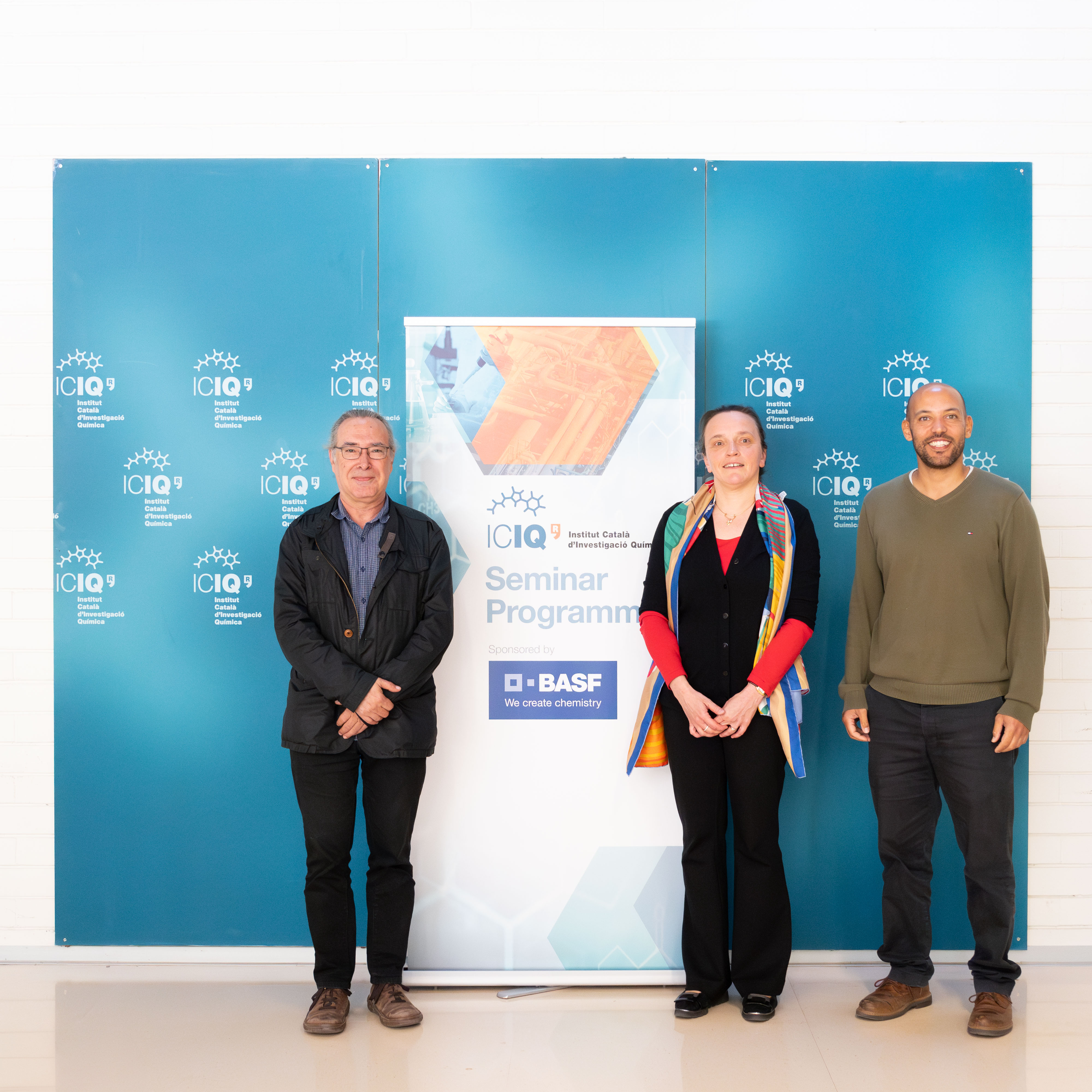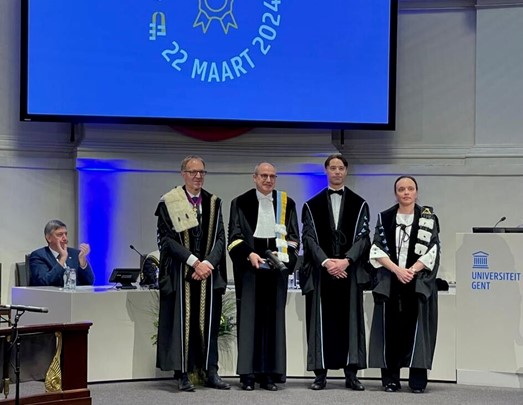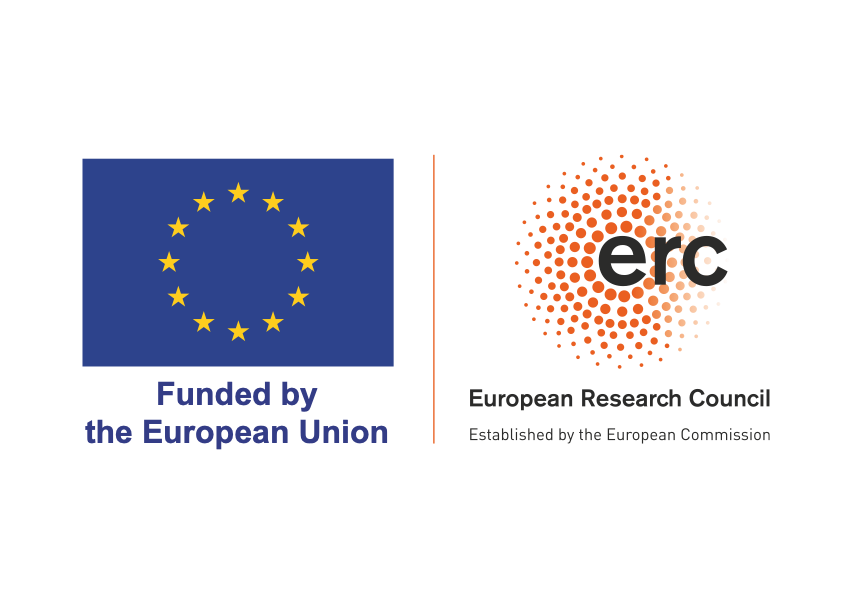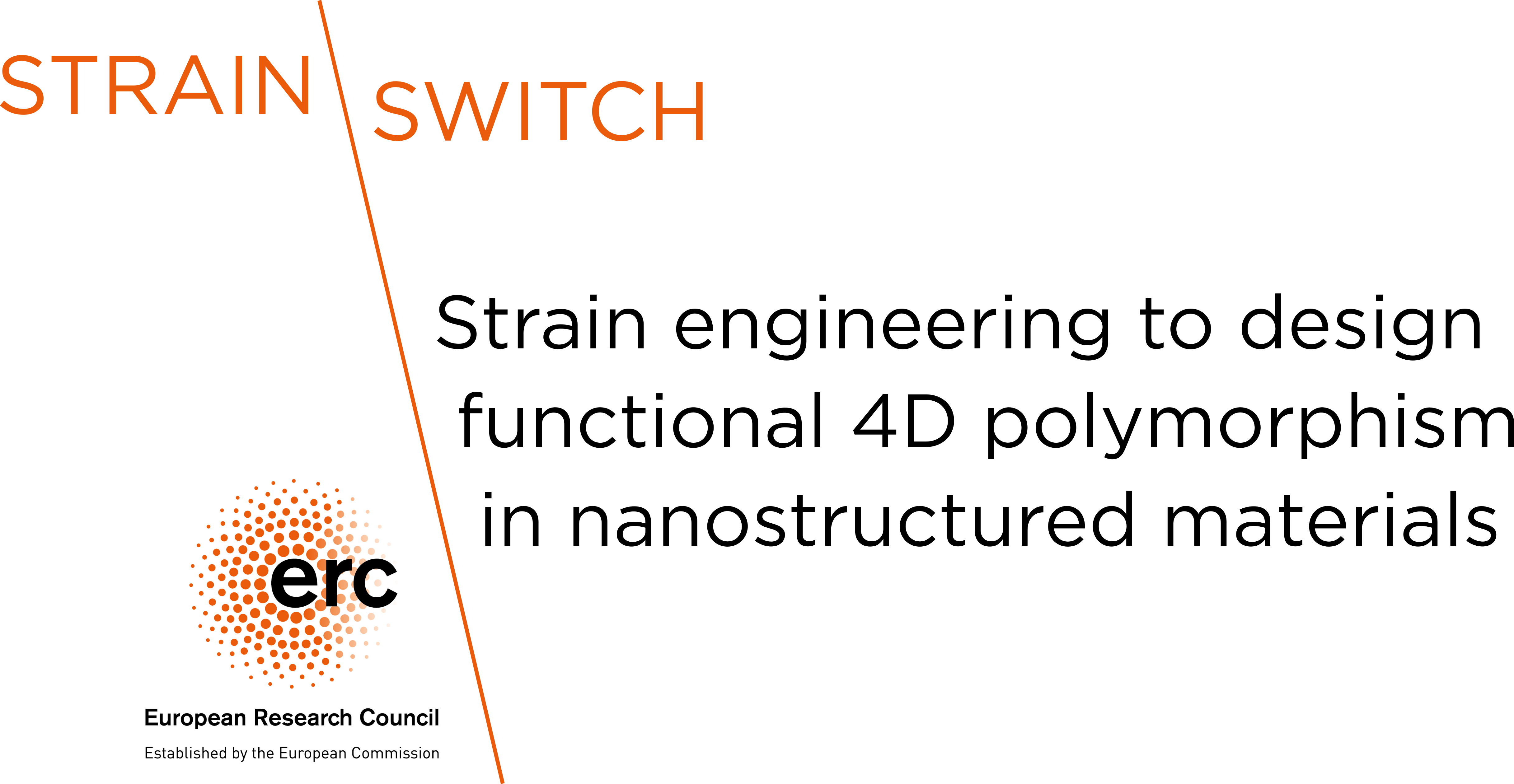Veronique Van Speybroeck wins prestigious Francqui Prize
May 23, 2024 – The Francqui Prize for Exact Sciences has been awarded to Professor Veronique Van Speybroeck of Ghent University. She has made groundbreaking contributions to the computer modeling of catalysis, which is essential for most chemical processes. Her work enables the development of more environmentally friendly chemical building blocks for our society and demonstrates her leadership in sustainable technology research.
Catalysis, where a specific substance – the catalyst – speeds up a chemical process without being used up itself, is involved in many of the chemical processes that we encounter every day, from washing clothes with detergents to purifying air and water to transforming crude oil into useful materials. Finding catalysts and the optimal operating conditions has traditionally been no more than educated guesswork. Instead of this trial-and-error approach, Professor Veronique Van Speybroeck (1974) has developed a precise method with her research mapping the behaviour of catalysts at the nanoscale. “Most industrial chemical processes rely on catalysis,” says professor Ben Feringa, Nobel laureate in Chemistry and jury chairman. “Thanks to her pioneering work, we can meticulously understand and explain these complex processes.”
Trained as a physicist and civil engineer, Van Speybroeck uses computer models to predict which materials can function as catalysts and what conditions yield the best results. Factors such as temperature, humidity, and the clever combination of chemical elements can significantly impact the catalyst’s performance. She does this with remarkable accuracy, using sophisticated quantum simulations to consider the many parameters that affect catalysis.

Game changer at the atomic level
Professor Van Speybroeck bridges fundamental research and practical application, which specifically impressed the international jury. She develops theoretical models for real-world use. These models lay the groundwork for new catalysts and nanomaterials that could, for example, capture and convert a greenhouse gas like CO2 into circular chemicals, store green hydrogen efficiently for transport, or detect and capture volatile harmful substances in the air. “Her fundamental work is a game-changer,” says Feringa, “and it opens the door to future technologies for a sustainable industry.”
Her research is conducted on the smallest conceivable scale, the nanoscale, and is at the intersection of physics, chemistry, (bio-)engineering, and materials science. “I enjoy exploring other domains and learning from people who are not in my field,” says Professor Van Speybroeck. “By being open to things you don’t know and collaborating with people from different backgrounds, we can analyse and resolve the most complex problems from various angles. When we think outside of the box, beautiful science becomes possible.” Today, Professor Van Speybroeck and her team are advancing their research on artificial intelligence and machine learning to forecast the behaviour of realistic, often imperfect, materials.
She co-founded and grew the Center for Molecular Modeling at Ghent University with this philosophy of working across disciplines. The center is a multidisciplinary research team of 40 members pushing the boundaries of computer-driven chemistry. Besides her own research, which has led to numerous prestigious invitations, nationally and internationally, she values her role as a motivating mentor for future scientists.
About the Francqui Prize
A prestigious award - The Francqui Prize is sometimes called the 'Belgian Nobel Prize' because of its rich history and international character. The Francqui Foundation was created in 1932 by Belgian diplomat Emile Francqui and then-President of the United States, Herbert Hoover. After World War I, these two influential figures dedicated considerable efforts to boost and encourage scientific research through emerging science organizations in Belgium. The Foundation's multidisciplinary Board of Directors is currently led by Herman Van Rompuy, Honorary President of the European Council and Minister of State, and by Professor Pierre Van Moerbeke, CEO and a former winner of the Francqui Prize.
Each year, the Francqui Foundation awards 250,000 euros to a scientist, alternating between exact sciences, humanities, and biological and medical sciences. Several Francqui Prize laureates have later received international awards, some even the Nobel Prize. Belgian Nobel laureates in Chemistry, Medicine, and Physics – Ilya Prigogine, Christian de Duve, and François Englert – received the Francqui Prize in 1955, 1960, and 1982 respectively.
Press contact - cmm.office@ugent.be or +32 9 296 65 36














